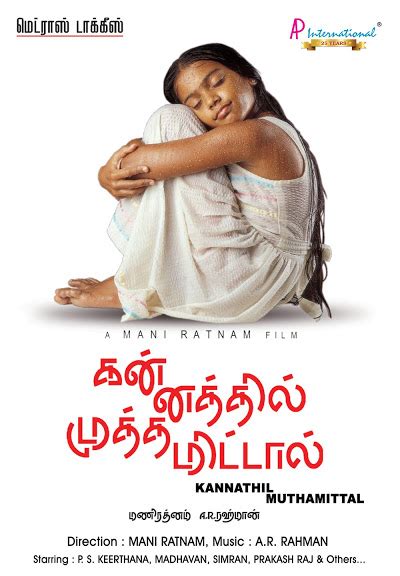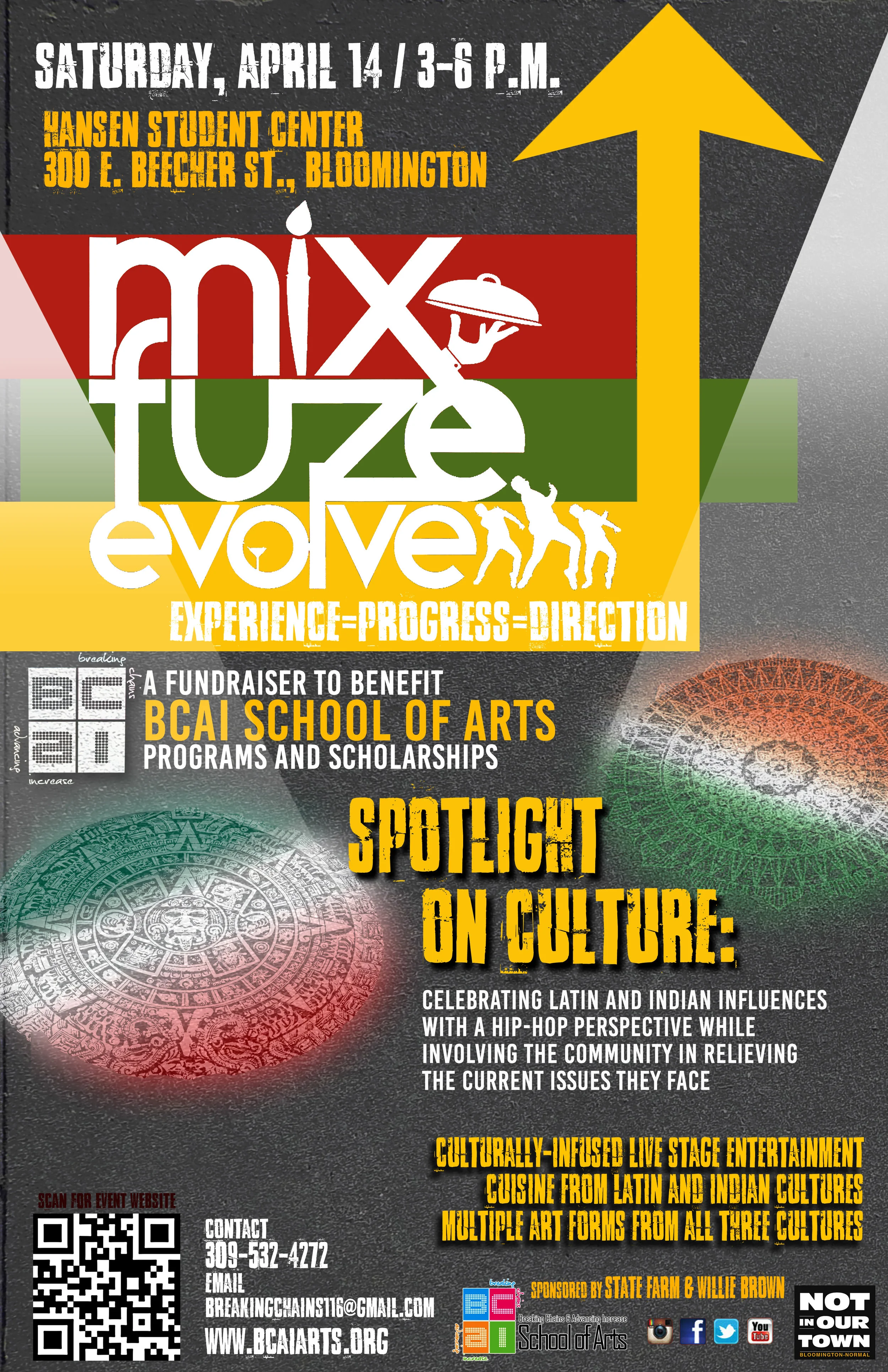ISU senior Larissa Summers explored her Cherokee roots through her poster presentation on Cherokee Bean Bread.
Archana Shekara lives where art, culture, and social justice intersect. This semester, she helped Illinois State University students nourish an appetite for cultural identity and a hunger for social justice and inclusion.
Shekara’s spring course, Art 315: Special Topics in Graphic Design, explored multicultural perspectives and social issues through visual artwork. The associate professor, a native of India, assigned her 17 students a trio of daunting projects: Bringing vision and creativity to issues of cultural stereotyping and marginalization; developing soon-to-be-released new posters and related graphic materials for Not In Our Town: Bloomington-Normal (NIOTBN) Not In Our School anti-bullying/anti-bigotry programs; and Food For Thought, an examination of individual cultures and their histories through their cuisine.
Food and culture are inextricably intertwined – the staples and delicacies of global societies reflect their geographies and climates, their agriculture and economic lifeblood, their beliefs and folkways. As part of the ISU Food For Thought exhibit, which ends Monday at ISU’s Milner library, created information design posters about one dish from their ancestral country and traced its history, ingredients, and relevance.
“When you break bread together with people who don’t look like you, all of a sudden, something fascinating happens,” said Shekara, a NIOTBN Steering Committee member.
ISU's Evan Morris presents a series of proposed new designs for NIOTBN's Not In Our School programs, developed as part of Archana Shekara's Special Topics In Graphic Design course.
Students conducted research about national identity, pride, language and art. Subjects included German pfannkuchen (pancakes) and landjaeger (sausage), Greek saganaki (flaming cheese), Lebanese hummus, Italian cannoli (a sweet confection stuffed with ricotta cheese), Irish colcannon (a hearty potato/cabbage/onion/bacon dish), and Polish pierogi (dumplings).
Senior Larissa Summers highlighted Cherokee Bean Bread, an indigenous staple that embodies the indigenous American struggle against cultural appropriation and dilution.
“My Cherokee heritage is very close to me,” the native Oklahoman relates. “I did bean bread because I didn’t know about it, I hadn’t tried it before, and I wanted to get more in touch with something I was not familiar with. I have two different versions of the bread in my piece – the original version of the bread, which is just mashed-up corn and beans; and the kind of recipe you find now. It’s kind of like cornbread with beans in it. It’s very ‘westernized.’ The Cherokee used to have simplistic meals, simplistic lives, and then (non-native settlers) came over, and everything started getting more complex.They started getting moved around; their food started being influenced. There’s flour in it now, milk, honey. I wanted to show the journey not only of the food, but of Native Americans, as well.”
Rock Island’s Evan Morris meanwhile explored his Scottish ancestry through haggis, which blends ground sheep’s heart, liver, and lungs with oats, cooked inside a sheep’s stomach. While according to Morris the unique dish was once considered “a poor man’s food,” he noted haggis today is celebrated as a culinary symbol of Scottish nationalism and pride – his poster incorporated the verse of Scots poet Robert Burns, whose piece “The Address to Haggis.”
“I found out my ancestors came over probably about 200 years ago – that’s when there was a huge emigration from Scotland because of the Highland Clearances (a mass eviction of tenants across the Scottish Highlands during the 18th and 19th Century),” reported the senior, who applied his research as well in Shekara’s stereotyping/marginalization project. “I still have to do some more digging on it. I’m going to try to go on Ancestry.com and trace everything back.”
Food For Thought is but one graphic exhibit running through the weekend at ISU's Milner Library. TELL relates through visuals and narrative the experience of young, local English language learners from a variety of cultures















